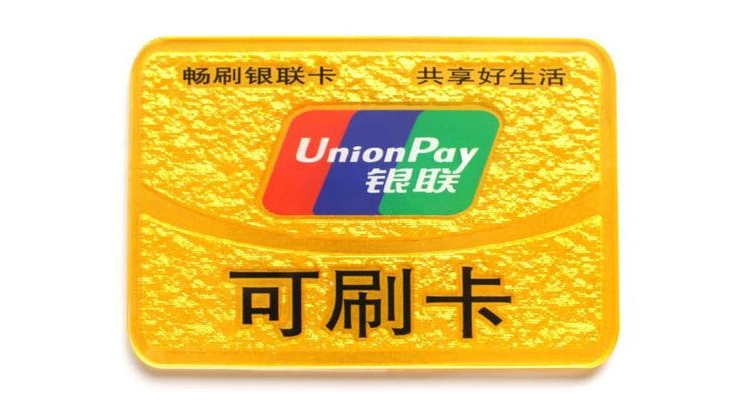The anti-corruption crackdown launched by Beijing targeting corrupt officials and VIP gamblers in Macau has been successful due to the fact that it has scared away Macau’s VIP gamblers who were not willing to be subjected to the scrutiny of Chinese authorities. Macau’s casinos have lost over $100 billion due to a lack of business from these VIP gamblers as they have preferred to take their business to neighbouring countries like the Philippines, South Korea and Vietnam.
Deutsche Bank AG in Hong Kong recently announced that Macau’s government has launched another crackdown this time targeting ‘underground banking’ which officials believe is used by criminals to transfer huge sums of money across the Mainland China border. Macau police conducted a number of raids on pawnshops who were suspected of manipulating China UnionPay Ltd point-of-sale (POS) terminals and illegally transferring cash out of Mainland China. The authorities arrested 17 individuals on the 24th of August who were suspected to have played a role in these illegal transfers.
The Ministry of Public Security in China would later go on to confirm these raids stating that Chinese authorities had launched a new anti-corruption crackdown targeting ‘underground banking’ in order to put a stop to money laundering and illegal financing. The crackdown is expected to continue till the end of November 2015. Meng Qingfeng, the Deputy Minister of Public Security has requested security units all across Mainland China to be more vigilant when processing financial transactions and to immediately bring all suspicious transactions to the attention of the Central bank and the State Administration of Foreign Exchange.
This new crackdown by Macau’s authorities will further impact Macau’s struggling casino industry and Macau’s strict stance against money laundering and corruption has sent a strong message throughout the casino industry.
In a statement, Karen Tang, an analyst at Deutsche Bank said “Many Macau junkets use the underground banking network to transfer money between Macau and China. As such, we see risks that junket liquidity may further tighten. Galaxy [Entertainment Group Ltd] and Wynn Macau [Ltd] may be the most impacted given their high exposure to VIP (27 percent to 29 percent of EBITDA). We think this campaign is the result of China’s efforts to control capital outflows, especially after the recent renminbi depreciation.”
The Chinese economy has not been very stable in 2015 and the authorities are keeping a close watch on all financial transactions as the Chinese government looks to bring economic stability into the region.



